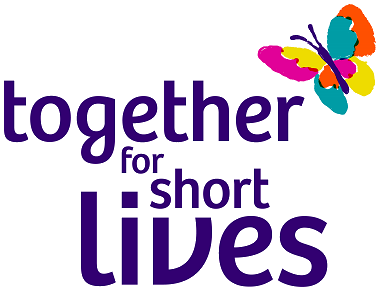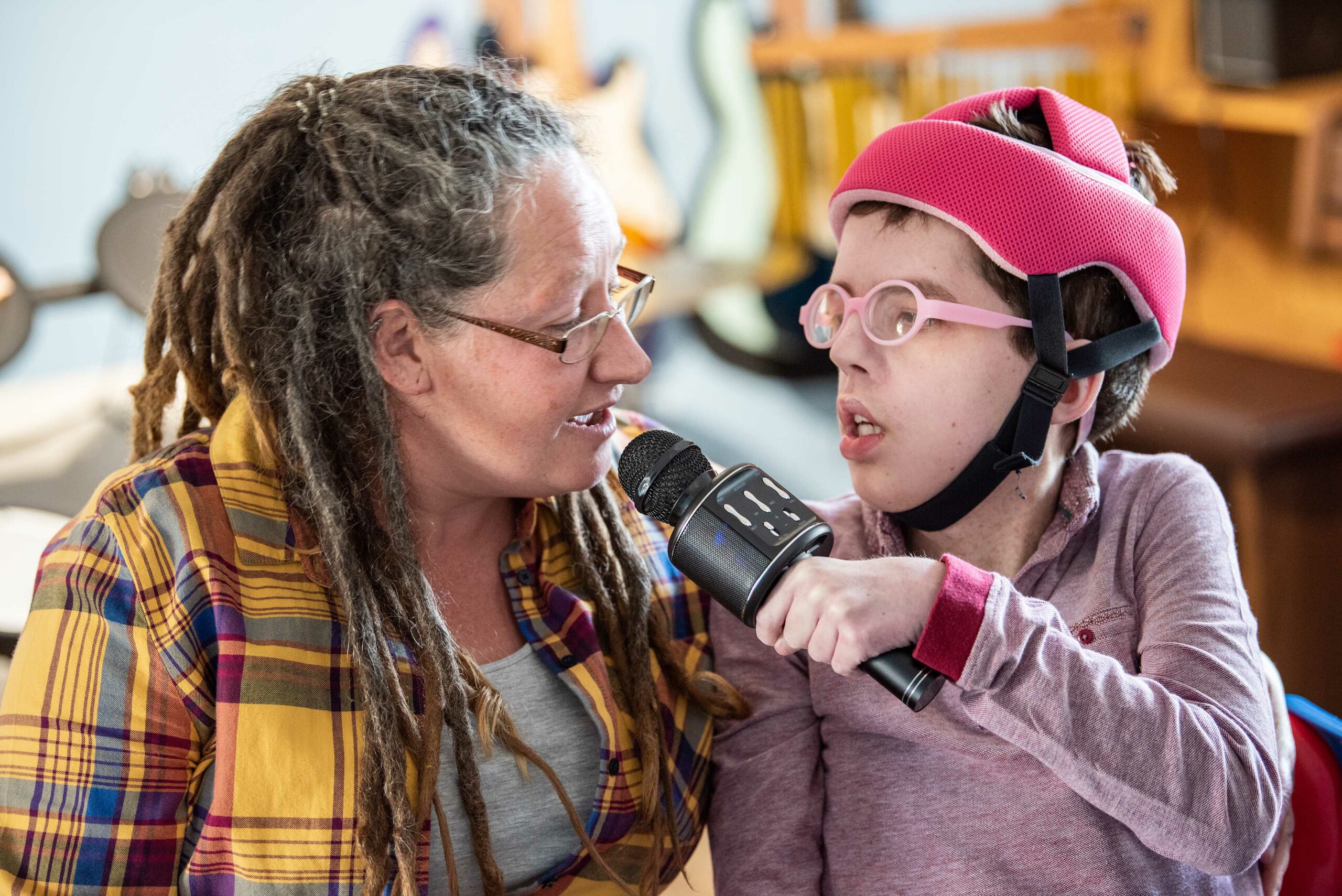Introduction to the programme:
The importance of effective communication in healthcare has been recognised for decades. Communication is identified as a key element of children’s palliative care. Despite this awareness, communication is regularly identified by families as a challenge that affects themselves and their children. Professionals also frequently recognise the challenges of communication and request access to additional training and support.
One challenge of children’s palliative care communication is that you cannot learn a script that will enable you to always get it right. Communication is (at least) a two-way process and involves assessing the communication needs of the family (and its individual members) as well as gaining and sharing information.
Following many requests from families and professionals, Together for Short Lives has developed this learning programme as an introduction to children’s palliative care communication. It is primarily aimed at those professionals who are not palliative care specialists, but who play a key role in caring and supporting children with life-limiting and life-threatening conditions (and their families).
This training will not provide a blueprint for communicating with families. Our aim is to increase awareness of the challenges faced in communicating whilst offering skills, hints and tips that will help to build confidence.
This training does not include specific information on communicating with children. It focuses on the communication with adult carers in the family. For information on communicating with children please see the ICPCN eLearning programme – all courses | International Children’s Palliative Care Network.
The programme is separated into three sections:
- Introduction to children’s palliative care (approx. 70mins): This section outlines children’s palliative care including definitions.
- The barriers and challenges of communicating with families (approx. 35mins): This section looks at some of the underlying factors that can undermine our attempts to communicate effectively.
- Effective children’s palliative care communication (approx. 60mins): This section outlines some key skills and practical approaches that can be employed to improve communications.
The first section is a standalone, optional unit. It is for those who are new to children’s palliative care or would appreciate a refresher.
Sections two and three make up the ‘communication unit’ and both need to be completed to gain the certificate.
Navigating through the sections should be clear and ideally should be completed in order. However, there is the option to revisit sections now or in the future without repeating the whole training. When you have completed a page please on the ‘mark complete button (top, right-hand corner) to keep track of your progress.
The training is made up of text, videos, and activities. For the activities, you will need a Word document open (or pen and paper). It is important to complete the activities to relate the learning to your own practice and ensure that you get the most out of the training.
Acknowledgements
We would like to thank everyone who has helped and supported the development of the programme. We would particularly like to thank:
- All the families that have shared their experiences and thoughts.
- All the professionals who took part in questionnaires, focus groups and those who agreed to be filmed.
- Nicki Fitzmaurice and Dr Lisa Kauffman from REACH Communication.
- Dr Sadie Thomas-Unsworth, Consultant Clinical Psychologist.
- Heard – Children’s palliative care programme.
- The Together for Short Lives project team, including Jo Sims, the project lead.
- The project funders.
We are enormously grateful to Lisa Kauffmann who contributed to the development of this resource. Lisa died in October 2025. The work in the following pages is a dedication to her incredible legacy.

